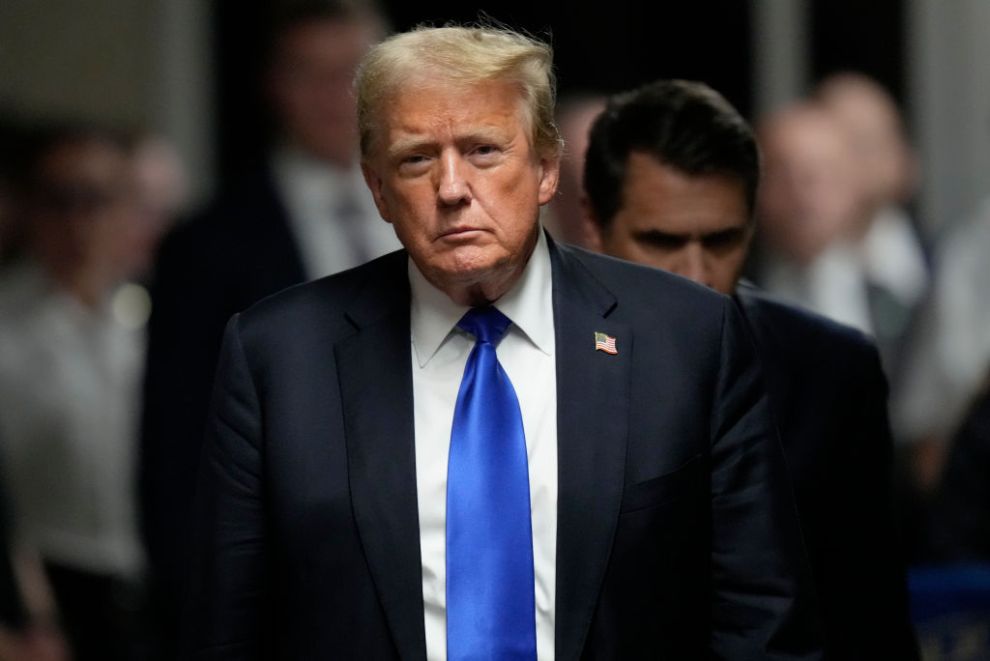In a landmark ruling on Monday, the Supreme Court decided that former presidents have substantial immunity from prosecution for official acts. The 6-3 decision in Trump v. United States clarified that while official acts are protected, unofficial acts are not. Chief Justice John Roberts emphasized the importance of this distinction.
“The President enjoys no immunity for his unofficial acts,” Roberts wrote. “Congress may not criminalize the President’s conduct in carrying out constitutional responsibilities. The President is not above the law.”
This ruling comes from Special Counsel Jack Smith’s federal election interference case. The case charged Trump with conspiracy to defraud the United States and other serious allegations. Trump’s defense argued for immunity based on his official presidential duties.
Differing Opinions Among Justices
Justice Sonia Sotomayor, along with Justices Elena Kagan and Ketanji Brown Jackson, dissented strongly. Sotomayor called the decision a “mockery” of the principle that no one is above the law.
“The Constitution does not shield a former President from answering for criminal and treasonous acts,” Sotomayor stated. “The ruling gives Trump more immunity than he asked for.”
Justice Clarence Thomas, in a separate concurrence, questioned the legitimacy of Jack Smith’s appointment as Special Counsel. He argued that the prosecution may violate constitutional structure.
“A private citizen cannot criminally prosecute anyone, let alone a former President,” Thomas wrote.
Implications for Trump
Trump celebrated the ruling as a victory. In an interview, he claimed it as a win for democracy and his campaign.
“This is a big win for our Constitution and for democracy,” Trump said. “Now I am free to campaign like anyone else.”
However, the ruling doesn’t completely clear Trump. It sends parts of the case back to a lower court to determine the specifics of what constitutes official acts.
Future Implications
The decision has sparked debates about its impact on future presidencies. Justice Samuel Alito warned about destabilizing the country if former presidents face prosecution from political opponents. Meanwhile, Justice Ketanji Brown Jackson raised concerns about future presidents being emboldened to commit crimes.
“This will have huge implications for the presidency,” Justice Brett Kavanaugh said. “We’re writing a rule for the ages.”
The ruling leaves many questions unanswered and sets a significant precedent for how presidential actions are judged legally. As lower courts continue to review the details, the nation watches closely to see how this historic decision will unfold.

